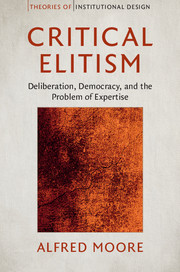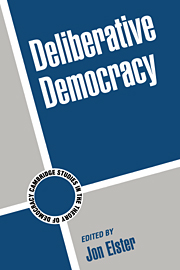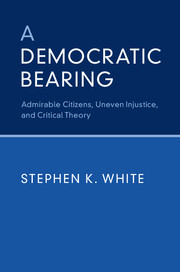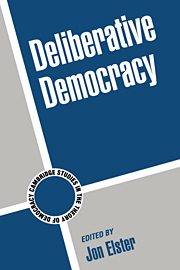Critical Elitism
Democracies have a problem with expertise. Expert knowledge both mediates and facilitates public apprehension of problems, yet it also threatens to exclude the public from consequential judgments and decisions located in technical domains. This book asks: how can we have inclusion without collapsing the very concept of expertise? How can public judgment be engaged in expert practices in a way that does not reduce to populism? Drawing on deliberative democratic theory and social studies of science, Critical Elitism argues that expert authority depends ultimately on the exercise of public judgment in a context in which there are live possibilities for protest, opposition and scrutiny. This account points to new ways of looking at the role of civil society, expert institutions, and democratic innovations in the constitution of expert authority within democratic systems. Using the example of climate science, Critical Elitism highlights not only the risks but also the benefits of contesting expertise.
- Recognises the value of epistemic divisions of labour but does not treat them as demands for deference to claims that stand outside politics altogether
- Takes an interdisciplinary approach, drawing on deliberative democracy and philosophy and sociology of expertise
- Brings work from science studies into conversation with democratic theory
Reviews & endorsements
'In this illuminating book, Alfred Moore argues persuasively that democracy requires not only active participation, but also reflective judgments about expert authority by those who choose not to participate. Critical Elitism offers a nuanced and important contribution to the study of expertise and democracy.' Mark B. Brown, California State University, Sacramento
Product details
June 2017Hardback
9781107194526
226 pages
235 × 160 × 20 mm
0.48kg
1 b/w illus.
Available
Table of Contents
- Acknowledgements
- Introduction
- 1. Two faces of epistemic democracy
- 2. Democracy and problem of expertise
- 3. Political and epistemic authority
- 4. The problem of judgment
- 5. Contestation
- 6. Consensus
- 7. Institutional innovations
- Conclusion
- References
- Index.









